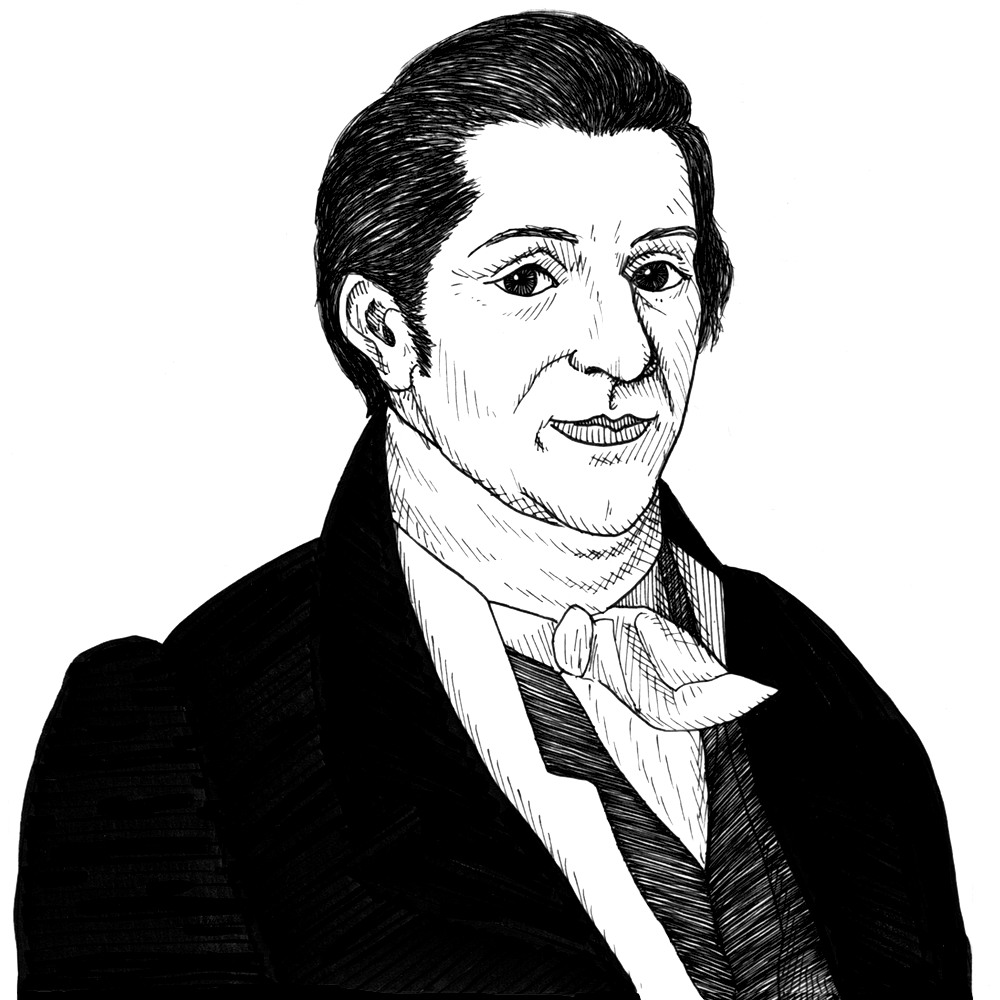
J.B. Say on the self-evident nature of property rights which is nevertheless violated by the state in taxation and slavery (1817)
Found in: A Treatise on Political Economy
In this chapter of his Treatise (1817), Say tells us about the self-evident nature of property rights, the myriad ways it is constantly violated by the state, and how taxation is “an engine of national depression and misery”
Property Rights
There are some truths so completely self-evident, that demonstration is quite superfluous. This is one of that number. For who will attempt to deny, that the certainty of enjoying the fruits of one’s land, capital and labour, is the most powerful inducement to render them productive? Or who is dull enough to doubt, that no one knows so well as the proprietor how to make the best use of his property? Yet how often in practice is that inviolability of property disregarded, which, in theory, is allowed by all to be so immensely advantageous? How often is it broken in upon for the most insignificant purposes; and its violation, that should naturally excite indignation, justified upon the most flimsy pretexts? So few persons are there who have a lively sense of any but a direct injury, or, with the most lively feelings, have firmness enough to act up to their sentiments! There is no security of property, where a despotic authority can possess itself of the property of the subject against his consent. Neither is there such security, where the consent is merely nominal and delusive.